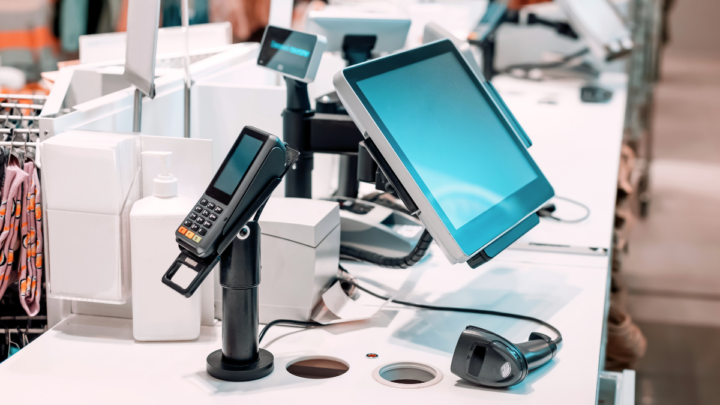POS Systems That Transform Retail Businesses

In today’s fast-paced retail environment, businesses face increasing pressure to stay competitive, streamline operations, and enhance customer experiences. One technological solution that has proven indispensable is the Point of Sale (POS) system. More than just a tool for processing transactions, modern POS systems are transforming the way retailers operate, manage inventory, and drive business growth.
Streamlining Sales Transactions
The most immediate benefit of a POS system is its ability to process sales efficiently. Traditional cash registers often result in slower transactions, errors in billing, and frustrated customers. POS systems, however, provide quick, accurate, and versatile payment processing, supporting multiple payment methods, including cash, credit/debit cards, digital wallets, and even contactless payments. This not only reduces wait times at checkout but also enhances the overall shopping experience, encouraging repeat business.
Optimizing Inventory Management
Managing inventory is one of the biggest challenges for retailers. Overstocking leads to unnecessary costs, while understocking results in missed sales opportunities. A modern POS system helps by providing real-time inventory tracking. Retailers can monitor stock levels, receive low-stock alerts, and even automate reordering from suppliers. This ensures that products are always available to meet customer demand, reducing losses and improving operational efficiency.
Enhancing Customer Experience
Today’s consumers expect more than just a transaction—they want a personalized and seamless shopping experience. POS systems collect valuable data on customer purchases and preferences, enabling retailers to offer targeted promotions, loyalty programs, and personalized recommendations. By understanding customer behavior, retailers can build stronger relationships, increase customer retention, and ultimately drive higher revenue.
Data-Driven Decision Making
A significant advantage of POS systems is the ability to generate comprehensive reports and analytics. From sales trends to peak shopping hours and product performance, retailers gain actionable insights into their business operations. These insights support informed decision-making, such as optimizing staff schedules, adjusting inventory levels, or launching marketing campaigns based on actual sales data. Data-driven decisions empower businesses to operate more efficiently and profitably.
Integration with E-Commerce
With the growth of online shopping, integrating in-store POS systems with e-commerce platforms is becoming crucial. Modern POS systems allow for synchronized inventory across physical and online stores, ensuring consistency and preventing stockouts. Customers benefit from options like “buy online, pick up in-store,” while retailers can manage all channels from a single system. This omnichannel approach increases convenience, expands market reach, and boosts overall sales.
Reducing Operational Costs
Implementing a POS system may seem like an upfront investment, but it can significantly reduce operational costs in the long run. Automated processes minimize human error, reduce the need for manual paperwork, and streamline accounting. Additionally, cloud-based POS systems eliminate the need for expensive on-site servers, offering scalable solutions that grow with the business. By improving efficiency, retailers can allocate resources more effectively and increase profitability.
Staying Competitive in a Dynamic Market
Retail markets are evolving rapidly, and businesses must adopt technologies that keep them ahead. POS systems offer a competitive edge by combining efficiency, data insights, and customer engagement tools. Retailers that leverage these systems are better positioned to respond to market trends, enhance operational workflows, and deliver superior customer experiences.
Conclusion
POS systems have evolved far beyond traditional cash registers. Today, they are comprehensive tools that transform retail businesses by streamlining transactions, managing inventory, enhancing customer experiences, and providing data-driven insights. By embracing modern POS technology, retailers can optimize operations, reduce costs, and drive business growth—ensuring long-term success in a competitive marketplace. For any retail business aiming to stay ahead, investing in a robust POS system is no longer optional; it’s essential.






